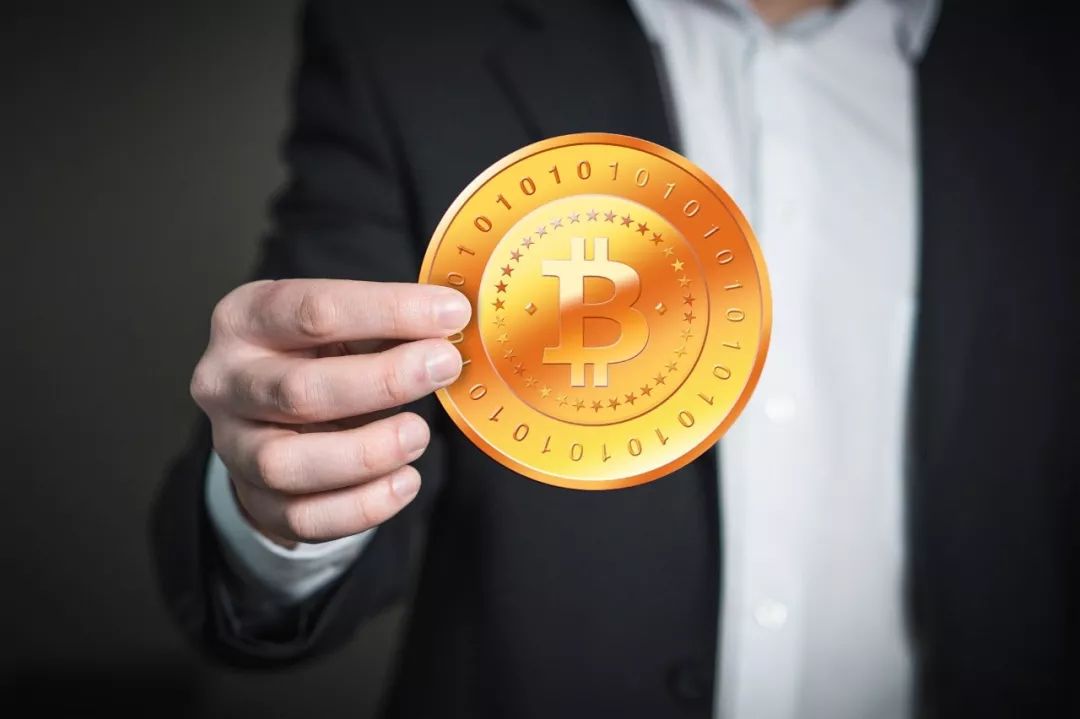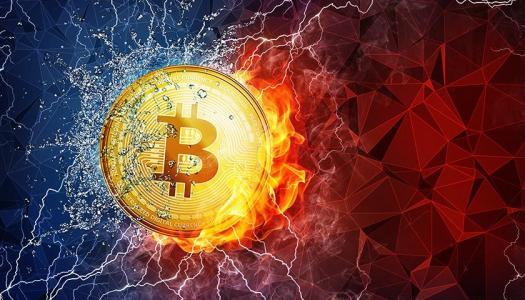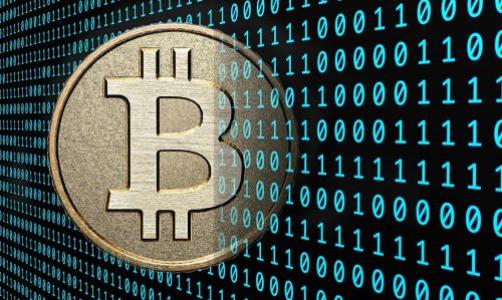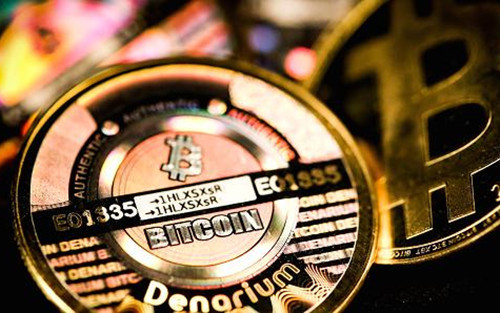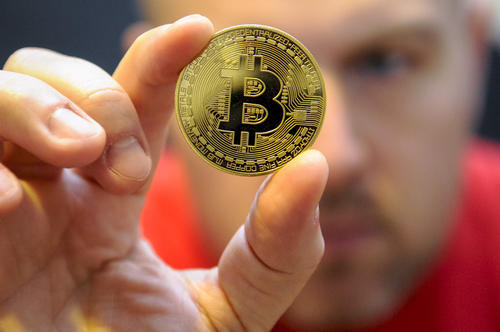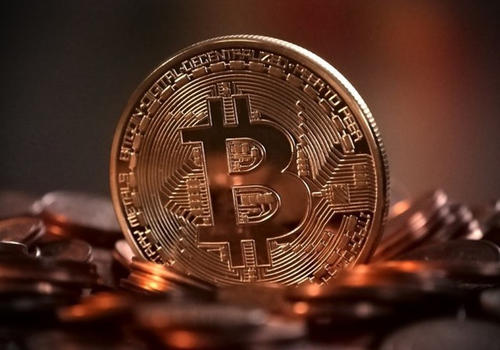时间:2023-07-11|浏览:203

用戶喜愛的交易所

已有账号登陆后会弹出下载
Web3.0让用户数据属于用户自己,免受数据泄露带来的危害,同时用户可以使用自己的数据获取利益。 Web3.0的第一用处是“数字用户”,用户以数字身份进入到Web3.0的世界中,自主管理、自我创造并且自主授权数据,这将和现行的中心化数据处理方式大相径庭。 第二大用处是“数据确权”。用户在Web3.0中所产生的数据,均属用户所有,Web3.0中随时随处的完全连接,让用户的自我创造、自我发展作品得到确权保障;不可篡改、信息透明,都让用户的数据确权与价值归属得到了保障。 第三大用处是去中心化。Web3.0使用去中心化的数字身份系统,用户自行管理个人数据库,任何第三方不得随意访问和篡改,用户自主授权以何种身份信息被用作何种用途,不必担心身份信息被泄露和盗用。这也是与之前互联网最大不同之处。传统互联网是以各个企业为单位,进行用户数据管理、使用和分析,各个企业之间的数据并不互通,数据是企业发展的重要生产工具,造成的就是企业之间数据垄断,形成数据孤岛,用户的数据在中心化的服务器中,主观与客观都得不到安全保障。 第四大用处是新的协同决策模式。近年在人们心中逐步变得重要的一个概念“DAO”,很多专业人士都给予了好评,认为“这是历史上人类第一次有能力,以一种无信仰和匿名的方式协调,集体为某一件事做出决定”,这也完美契合Web3.0精神,以去中心化的方式,参与工作、生产与决策,这让Web3.0中足不出户处理事物变为可能。
Web3.0的发展离不开分布式存储的基础赋能。Web3.0致力于改变中心化平台对数据的控制,从这个角度来看,Web3.0项目不会将数据存储在中心化的服务器中。因此,Web3.0项目会有海量的数据存储需求,分布式存储是重要基础设施。 Web3.0用户在数据使用方面具有极强的自主性与隐私性的,需要分布式存储为其提供稳固的数据基础。分布式存储可以为Web3.0用户产生的庞大的数据提供安全可靠的存储方式和存储环境,保障用户数据安全和个人隐私。
橙希云在分布式存储建设中具有极高的贡献,为Web3.0与元宇宙的建设带来新的力量,为数据安全与存储提供分布式存储安全环境,为用户提供完善的数据保护机制与使用机制,助力分布式存储与Web3.0在未来世界有更好的应用与发展。
Storange Cloud Research Report: The wave of Web3.0 is coming, Decentralization storage will empower it.
On December 2, Elon Musk replied to YCombinator President Sam Altman on Twitter: "Web3 sounds like bs."
Web3.0 is a more user-centric, user-friendly, transparent, and secure Internet. The old Internet is being rebuilt, and the world interconnection is entering a new stage of development.
Bill Gates wrote in an article titled "Content is King" in 1996 that open information and communication will greatly enhance the status of citizens. The Internet as we know it today has greatly expanded the access to information and changed everything in society. So what can the world's active construction of Web3.0 bring us? Will it be worthless as Elon Musk said?
Web3.0 allows user keep their own data, avoiding the harm caused by data leakage, and at the same time, users can use their own data for benefits.
First of all, Web3.0 is "digital users". Users enter the world of Web3.0 with digital identities, manage, create, and authorize data independently, which will be very different from the current centralized data processing methods.
Secondly is "data confirmation." The data generated by the user in Web3.0 belongs to themselves. Web3.0 allows the user's self-creation and self-development work to be guaranteed; Non-tampering and transparent information ensure the user's data right confirmation and value attribution.
Also, Web3.0 is decentralization. Web3.0 uses a decentralized digital identity system. Users manage their own personal databases. Any third party is not allowed to access or tamper with them. The user independently authorizes what kind of identity information to be used for what purpose, and there is no need to worry about identity information being leaked and misappropriated. This is also the biggest difference from the previous Internet. The traditional Internet uses each enterprise as a unit to manage, use, and analyze user data. The data between each enterprise is not interoperable. Data is an important production tool for enterprise development. The result is a data monopoly between enterprises and the formation of data islands. The user's data is not subjectively and objectively secured in a centralized server.
Last but not the least is the new collaborative decision-making model. A concept "DAO" that has gradually become important in peoples minds in recent years has been praised by many professionals, believing that "this is the first time in history that human beings have the ability to coordinate in an unbelief and anonymous way to collectively make a decision for a certain matter." It also perfectly aligns with the spirit of Web3.0, participating in work, production, and decision-making in a decentralized manner, which makes it possible to process things without leaving home in Web3.0.
The development of Web3.0 is inseparable from the basic empowerment of decentralization storage. Web3.0 is committed to changing the control of data by centralized platforms. From this perspective, the Web3.0 project will not
